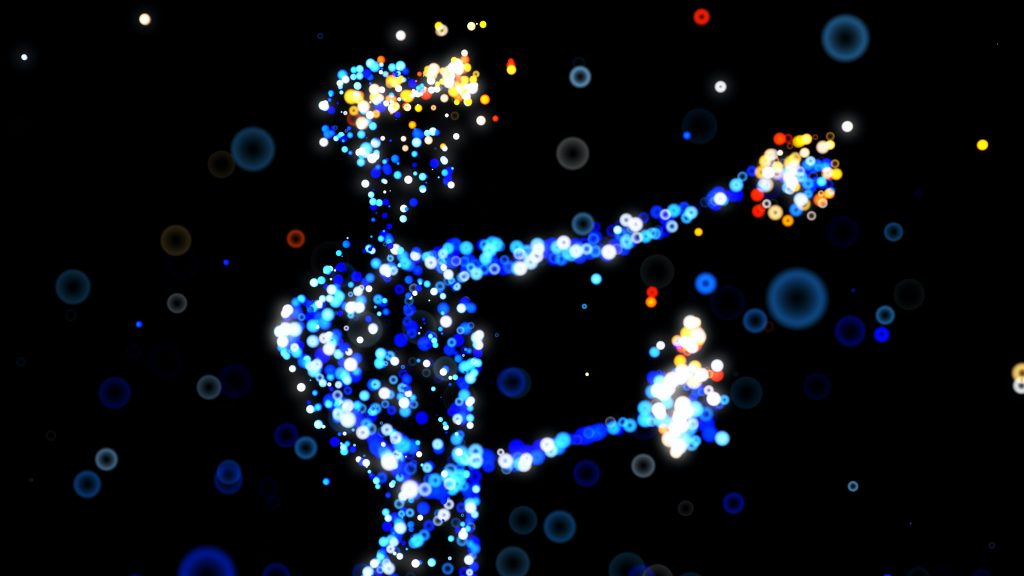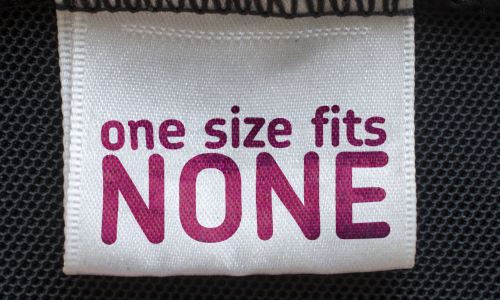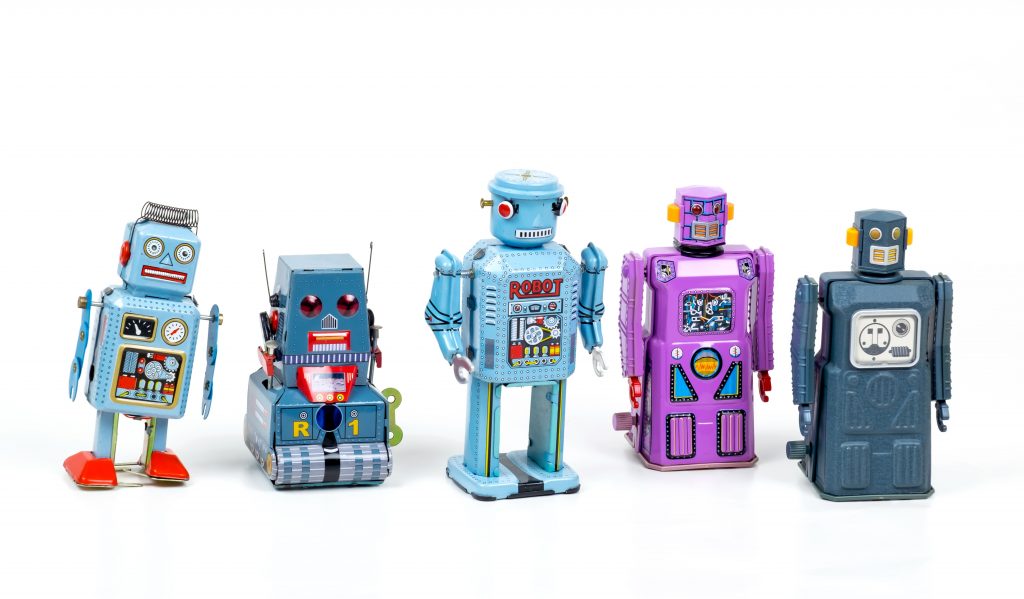People’s relationship with work is unravelling. Employees are tired, they are grieving for a ‘normality’ that may never return, and at the same time, they have tasted how a more personal, deeply human way of living (and working) might feel.
Here, we explore four tension points that signal unlearning and change for the way we design work in the future.
Spooked by endless speculation of a looming Great Resignation and hoping to stymy turnover, businesses are leaping to radical change: major policy shifts; wholly remote models; well-intentioned thank-you gifts; and revised employee perks and pay incentives.
But are we rushing the transition for a false sense of certainty and simplicity?
The pandemic has shifted people’s relationship and expectations of work, but in terms of what that means for businesses, no one really knows what will emerge.
If ‘talk more, act less’ sounds counter-intuitive in the face of a Turnover Tsunami, perhaps a more helpful take comes from People & Culture Innovator, Peta Karunaratne, who advises: “It’s the transitions that open us up to possibility and creativity.”
Pre-COVID, progressive organisations were already starting to teach leaders to navigate VUCA (volatility, uncertainty, complexity, and ambiguity) concepts. Yet here we are: two years and pandemic later, rushing to quick fixes and certainty.
“The last thing you want to do right now is make hard and fast decisions in reaction to a transition that is still unfolding.”
Currently the host of UNLEARNING – a series of free sensemaking sessions for People & Culture Leaders, Peta believes: “Now is the time to embody the skills we are asking from our leaders. Now is a time for unlearning.”
Sensemaking – A tool for unlearning
Futurist Jack Uldrich is quoted as saying: “Learning is an external act. Unlearning is an internal one.”
While some definitions explain unlearning as the art of eliminating old knowledge or skills to make room for new, the reality is more nuanced. After all, it’s impractical, if not impossible, to forget what we’ve already learned. Tools like sensemaking help to create awareness and harness the collective intelligence of our networks; to make sense of where we are at, and eventually, what’s next.
First introduced to the process during her time in Innovation at Suncorp, Peta considers sensemaking to be an essential practice for anyone responsible for People & Culture strategies.
Speaking to attendees of UNLEARNING, Peta explains the process as: “Sensemaking is about group of people paying attention to a dynamic and complex system, and pulling together data points to make sense of what’s going on, and creating the intelligence to inform the next step.”
Four signals of change
The Karuna Collective has been sensemaking within our network of clients and candidates. We believe these four tension points signal real change for people’s relationship to work.
Signal of change one
We engage people based on time and dollars – but they want W(H)ealth
Ben Franklin’s quote ‘time equals money’ is overdue a rewrite.
Sure, our time is worth money, but our money is not as valuable as our time. After all, you can never buy more time. In recognising this, employees want to spend it on things that generate the most health and wellbeing.
What constitutes measures of w(h)ealth can only be revealed by conversations that extend beyond conventional salary and basic package inclusions. Peta explains: “Any transaction that contradicts this more holistic version of wealth, is no longer seen as attractive or fair.”
Signal of change two
We provide security and standardisation. They want more freedom and personalisation.
Most business frameworks date back to the industrial age when standardisation and efficiency was the primary goal, a model that has kept things easy and streamlined for organisations and leaders today.
“People still see their organisation as an anchor point, providing security and direction, especially during the volatility of the early pandemic,” says Peta, “But now they want a freedom over how they work, when they work and who they work with.”
Much of the conversation around freedom will ultimately come down to trust. “Previously, people trusted their organisation, and now they want their employer to trust in them,” says Peta.
Already a trend within customer marketing, ‘personalisation’ of the employee experience will likely mean reconceiving everything from physical work spaces, job descriptions, employee benefits and experiences, development programs and collaboration technologies.
Signal of change three
We provide standardised flexibility. They want radical adaptability.
The idea that we should gather under close supervision during the same hours also dates to 18th century. This made sense for the production-line, but when the work is no longer physical, and we have remote systems, has the model lost all relevance?
Four-day weeks, nine-day fortnights, nominal office-based day, each represent well-intentioned examples of standardised flexibility but Peta cautions: “As people’s circumstances evolve, they want adaptability, over flexibility.”
Shifting to a wholly remote model may seem like a quick win (especially given they have been operating out of necessity throughout lockdowns) but it is not a perfect solution. The loss of learning by osmosis and social connection, are clear pain points of the pandemic that need to be addressed as we design more engaging, purposeful work.
Signal of change four
We provide careers. They want purpose, meaning and impact.
A recent LinkedIn survey of 2000 US employees found that 73% felt less fulfilled in their jobs than before the pandemic. More and more, employees say they are prepared to take a financial step back, if that allows a greater personal leap forward.
But what are employees are craving?
Again, this requires deep introspection and individual conversations, although clear trends already being expressed include:
- Renewed sense of purpose in their work – “What I did today mattered.”
- Meaningful (albeit not necessarily in-person) interactions
- A secure salary
- To feel valued and trusted by their organisation and managers
Even those businesses celebrated for their ‘great culture’ pre-pandemic cannot assume that same culture is what’s needed now, or in the future: “Everything should be up for review; team structures, leadership assessments, promotion pathways, recruitment frameworks, the list goes on,” says Peta.
Soft hands for now
The best advice for People & Culture leaders right now is to take a ‘soft hands’ approach, remaining flexible while we see what emerges. Peta acknowledges this can feel like you’re sitting still in the problem, but she offers a reframing: “It’s about sitting in the transition and understanding the problem more deeply.”
Her parting advice to session one UNLEARNING participants: “The goal of sensemaking is not about making a decision, it’s about experimenting. How can you set up experiments to test how new policies, frameworks and models sit with and suit the organisation?”
Click here to register free for sessions 2 and 3 of UNLEARNING or reach out if your organisation needs help dealing with these tension points of change.






